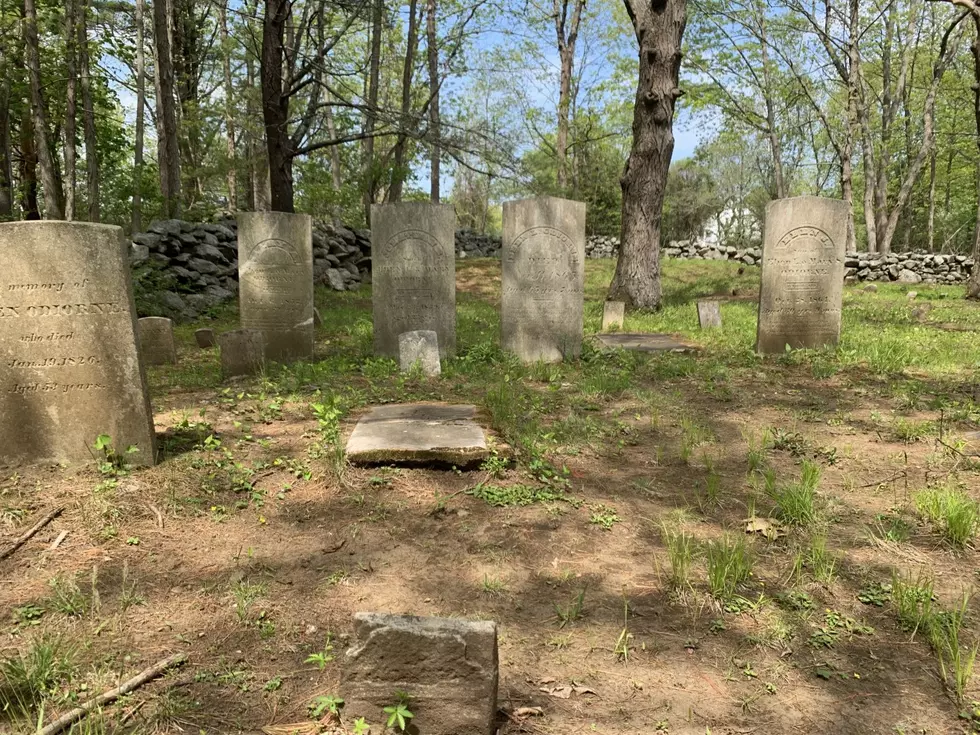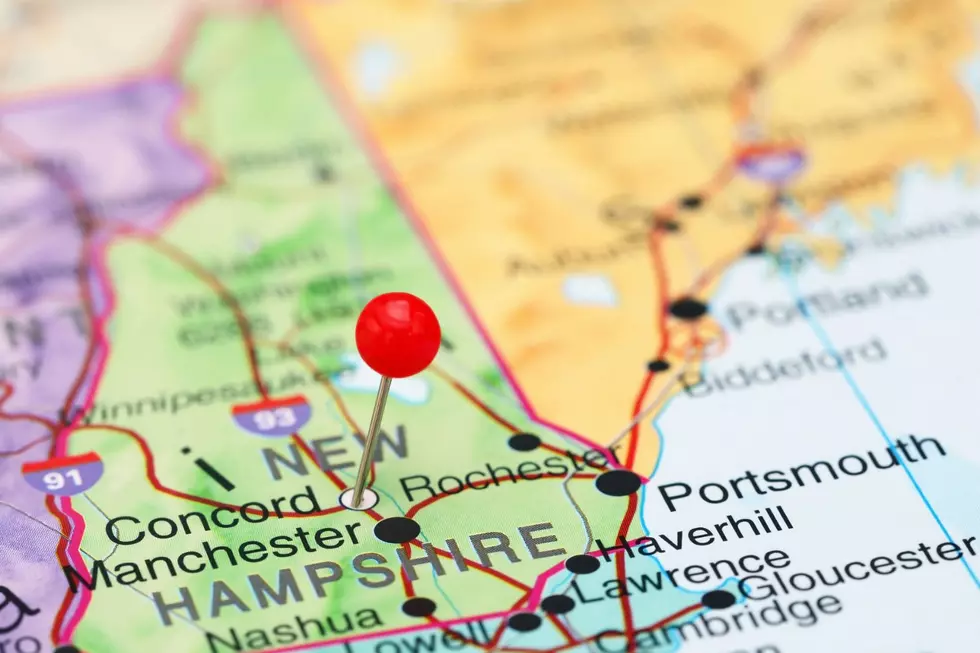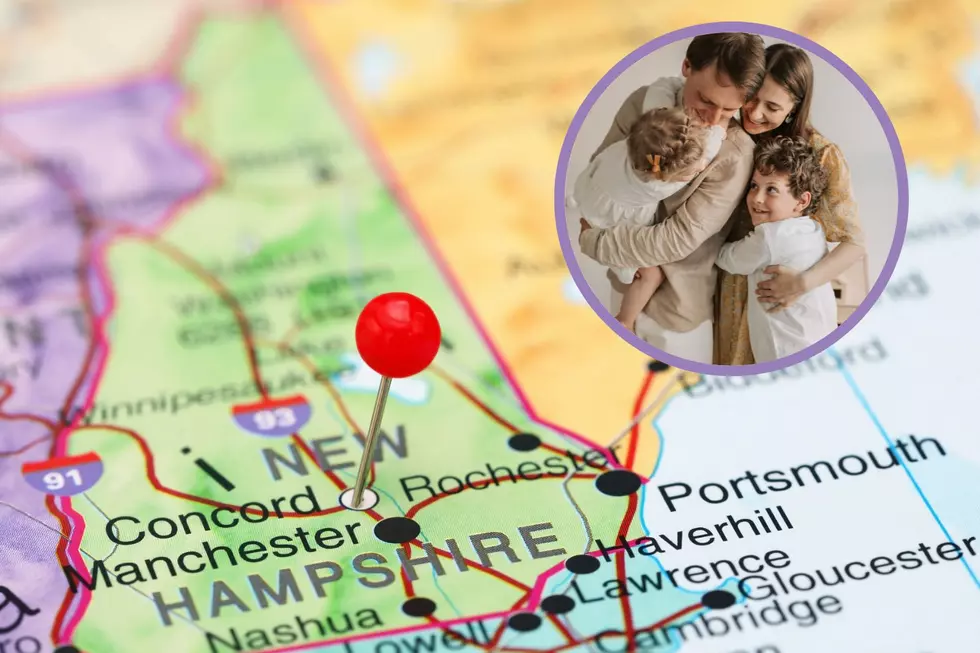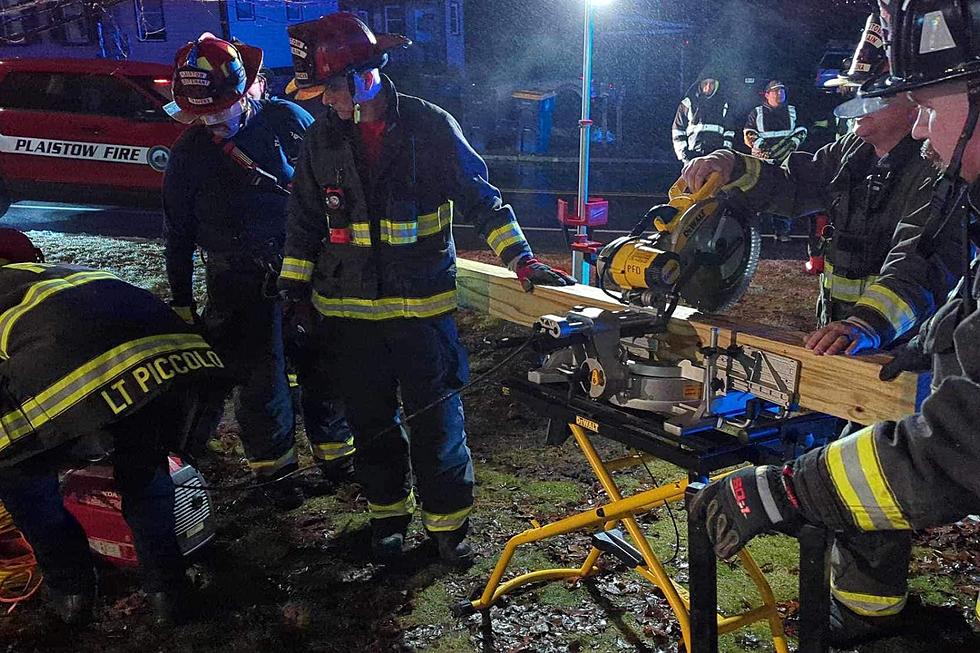
Rise in COVID-19 Cases Shows Winter Surge is Here, Sununu Says
Even with $22 million in newly approved federal funding it will still take a few weeks to make more COVID-19 vaccine available to children, according to New Hampshire Gov. Chris Sununu.
The executive council voted Wednesday to accept $22.4 million in federal funds which will go towards speeding up the state's vaccination efforts
"My administration worked with the council to find a solution to move forward in a bipartisan manner and ensure we got these funds out to help with vaccine distribution and a variety of other issues," Sununu said during his weekly coronavirus briefing.
The council also approved a non-binding resolution that the state is against federal COVID-19 vaccination mandates.
The governor urged parents to get their children vaccinated now if they want them to be fully vaccinated by Christmas.
Health Commissioner Lori Shibinette said the state has signed a contract with On-Site Medical Services to establish permanent state vaccination facilities that will be operation in the next three to four weeks. The first two will be opened in Berlin and Plymouth as the most increases in COVID-19 positive cases have been in northern New New Hampshire.
The number of mobile vaccination vans will increase from four to six, according to Shibinette.
Sununu said the winter surge he predicted as the weather gets colder has arrived as numbers rise in northern New England especially when compared to last fall even with 60%-70% of the population vaccinated.
"The Delta variant is much more aggressive. The breakthrough cases are really starting to show now and it has a much more severe effect on individuals. It's much more severe with the younger population," Sununu said.
Gettting the booster shot is important, according to the governor, who said he's getting his on Friday. He took the Johnson & Johnson vaccine which requires only one shot.
Contact reporter Dan Alexander at Dan.Alexander@townsquaremedia.com or via Twitter @DanAlexanderNH
Answers to 25 common COVID-19 vaccine questions
More From Seacoast Current








